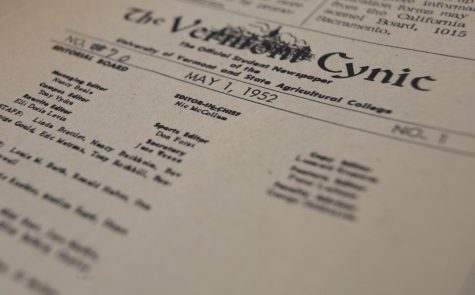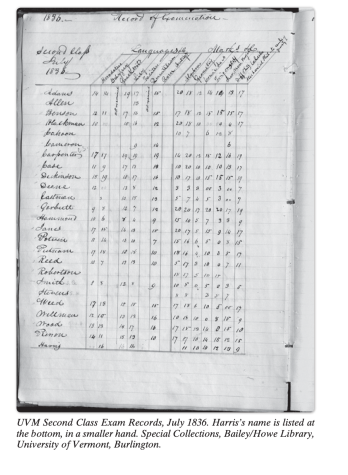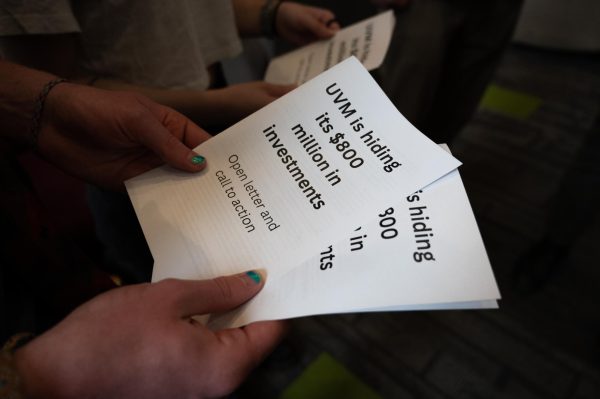Greenspan is Gone: Who Wants the Next Turn in the Chair?
After over 18 years as federal reserve chairman, Alan Greenspan will finally be retiring as of January 1st, 2006, and Ben Shalom Bernake has been nominated as his successor. Even though there is a little time left before Greenspan officially retires, it makes sense to ask how Bernake compares to Greenspan as a chairman and will Bernake have the same influence and success as Greenspan had in conducting monetary policy.
Both Greenspan and Bernake were chairmen of the council of economic advisors before becoming part of the federal reserve and both of them spent time working as academics before that. However, their similarities seem to end with their work experience for both have very different ideological views and ideas on how to run the federal reserve.
To understand Greenspan and Bernake’s views it is necessary to understand conservative and liberal thinking in the Federal reserve. The Federal reserve consists mostly of bankers and as such they really hate inflation. Inflation can cut into the profits of a bank as when debtors give them their owed money it buys less than when they actually loaned it, hence most in the federal reserve make heavy use of contractionary monetary policy (high interest rates) to prevent and get rid of inflation.
By using contractionary monetary policy, investment spending decreases, which increases unemployment, which then decreases the demand for products, which then decreases the price of products and stops inflation. This process of inflation targeting is all part of this conservative thinking that many in the federal reserve have.
Greenspan was known mostly for his very conservative views on inflation targeting and the free market, advocating for a gold standard (which we currently do not have despite common misconception) and minimal government intervention. However despite his proposed views Greenspan would sometimes work against the advice of his right-winged colleagues.
During the early ’90s, for example, Greenspan was advised by his fellow right-winged thinkers in the IMF to use raised interest rates to prevent unemployment from going below 6% as not doing so would set off a wave of inflation, yet Greenspan would not listen, and kept interest rates low until unemployment reached 4.2% without any significant inflation.
While Greenspan showed some liberal tendencies he will likely be considered conservative compared to Bernake whose views on inflation targeting government intervention are virtually a 180 degree turn.
Ben Bernake has with his academics works shown a tendency towards deflation targeting, and heavy use of expansionary fiscal and monetary policy to stop it. This very different from most members of the Federal Reserve who are often obsessed with preventing inflation with any means necessary who give only minimal concern to employment and little if any concern to deflation (which unlike inflation increases the profits of banks). Bernake has been sharply criticized by free market advocates for his tendency towards deflation targeting, mostly because deflation is much more rare than inflation in the U.S. With the exception of a few quarters in the 2001 recession, real deflation has not been seen since the Great Depression and any deflation seen since then has been minor.
In defense of Bernake it should be noted that inflation as of late also has been small even as oil prices rise and the government keeps printing money to fund its budget deficit so his advocacy of continual expansionary monetary policy may not cause much inflation and may do a lot to keep unemployment low. Even so his views have good reason to cause controversy. Besides expanding credit and keeping interest rates low, he has even advocated loaning money out directly to citizens instead of through banks alone, something the central bank has never done before and could certainly lend itself to inflation.
It may turn out that Bernake will not live up to his proposed views once he becomes federal reserve chairman just like Greenspan was not totally loyal to his own views, but there is great reason to believe that under Bernake that federal reserve is going to be a little different than it was in the past. Hopefully banks will lose only a little profit.










